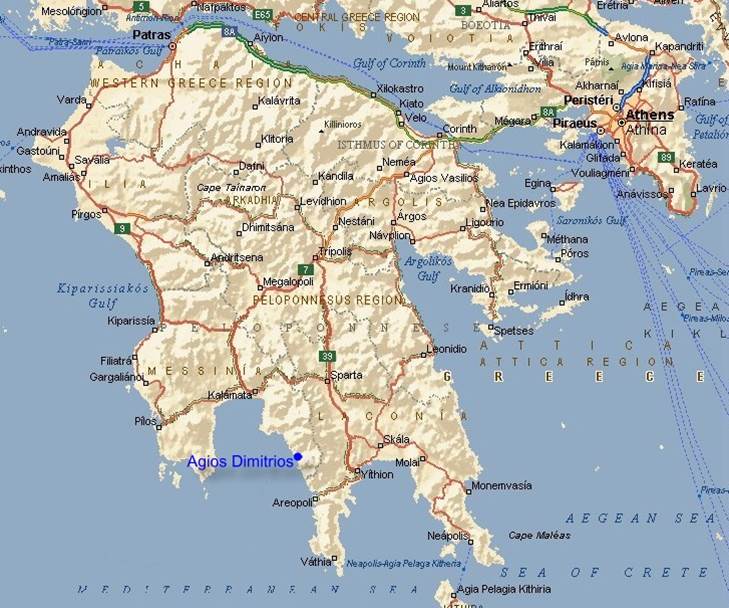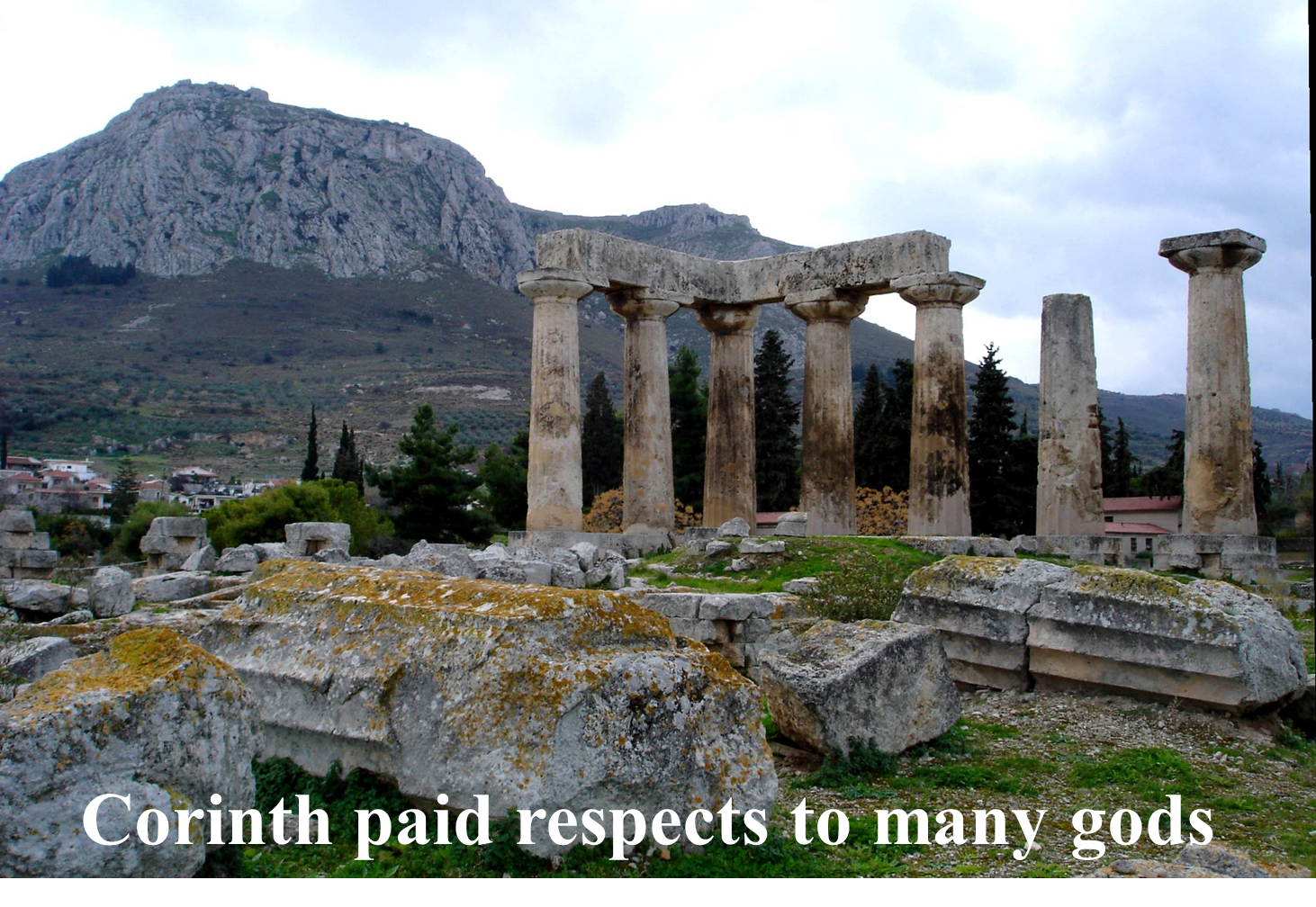Joshua and Judges: The doctrine of leadership part 106 - Essential qualities of leadership: The filling of the Spirit; The doctrine of tongues.
length: 66:21 - taught on Jun, 9 2016
Class Outline:
Title: Joshua and Judges: The doctrine of leadership part 106 - Essential qualities of leadership: The filling of the Spirit; The doctrine of tongues.
Announcements / opening prayer:
Principle: The temporary gift of tongues in relation to the work of the Spirit.
Distinctions there are, as will be noted, but in each case speaking in tongues is real, not simply apparent; supernatural, not natural; a work of the Spirit, not a product of psychology or education; the utterance of foreign languages, and a sign given particularly for unbelievers.
The problem of whether the gift of tongues was temporary for the apostolic period or permanent throughout the dispensation must be settled on the basis of 1Co alone. This problem becomes more simple if first the real character of speaking in tongues is determined. An examination of all the facts will substantiate the doctrine that speaking in tongues is not normal for the entire present age.
All three instances of tongues in Acts have their significance revealed in their character as signs.
On the Day of Pentecost, the complete work of the Spirit now enjoyed by believers came into being. In addition to the full reality of regeneration, believers were baptized into the body of Christ, indwelt by the Spirit, sealed unto the day of redemption, and filled with the Spirit. On this day and throughout the church age, the believer is given amazing supernatural power, guidance, and wisdom. On the Day of Pentecost the church as the body of Christ began by the act of baptism - the baptism of the Spirit.
At Pentecost it is evident that some outward display of the fullness of the Spirit was fitting. God's providence gave the ability to speak in tongues as a confirmation that the gospel was for all nations.
What is almost always missed in the presentation of this gift, since the arguments always settle upon gibberish vs. known language, is that the gospel was for Jew and Gentile, as shown in the first two instances, and by speaking in foreign languages it was evident that the gospel was for all nations and not just Israel. They didn't speak in Hebrew but in the languages of Gentile nations. The gift of tongues was the ultimate universal extension of God's gospel to the world.
In the preaching of the gospel to Cornelius, a further important step was taken and a sign was needed. The gospel had been preached to Gentiles before, but it was now being revealed that Gentiles could accept the gospel on the same basis as the Jews: they had equal privilege. This was the truth which was impressed upon Peter. Accordingly, God saw fit to endow the occasion with a display of divine power which reproduced to some extent the phenomenon of speaking with tongues manifested at Pentecost. An outward token was needed, and God provided it.
The third instance in ACT 19:6 offers another instance in which an outward sign was needed. The sign was needed not only to convince unbelievers, but also to confirm the faith of the believers. John's baptism didn't save but it prepared the way for the gospel of Christ. The twelve men had believed that one was coming to save but did not know who it was. When they believed that Jesus was the Messiah through Paul's message the sign was given that they were saved so that all in Asia would know that salvation is only in faith in Christ. Yet, it was never stated that speaking in tongues was a test of salvation since not all believers spoke in tongues.
In none of these cases is it stated that the gift was repeated in the people who initially spoke in tongues.
Speaking in tongues was by no means a test of either salvation or spirituality in the early church. It was a testimony to salvation but it was not indispensable.
So little is said of the gift and the instances so few that we must conclude that the gift was rare.
Only in the Corinthian church, in the midst of heathen wickedness and idolatry, did God apparently bestow the gift in abundance.
We don't find the gift mentioned in any other church, though we can assume that it was in use in different locations than in Corinth. We know that the Corinthians were abusing the gift for personal advantage and prowess over others, and it could be for this reason that only to them is anything about it written. It is a testimony to the faithfulness of God that they continued to have the gift in that church even though they were abusing it, yet they suffered greatly (not walking in the spiritual life) for this personal abuse of God's grace.
When I pondered to understand this [the prosperity of the wicked], It was troublesome in my sight Until I came into the sanctuary of God; Then I perceived their end.
Why did Corinth become a center for wickedness and idolatry? Certainly it is the fault of the people, but such people live everywhere, so why specifically Corinth? The answer is found in its geography.
Corinth was an ancient city of Greece; its name, at least, antedates the coming of the Dorian Greeks early in the first millennium B.C. The city was built on an isthmus that is a natural gate between the east and west shipping routes and so it became a place for the storage of goods that were traded from one end of the empire to the other. It also commanded the land routes between Central Greece and the Peloponnese.

It had an inexhaustible water supply. All this made it an extremely prosperous city. Corinth enjoyed a reputation for luxury and its name became proverbial for sexual laxity.

It was a center of the worship of Aphrodite, whose temple crowned the Acrocorinthus. Her cult-statue was attired in the armor of the war-god Ares. Also at the foot of the citadel stood the temple of Melicertes, the patron of seafarers and the principle deity of Tyre. Corinth presided over the Isthmian Games which were held every two years and at them the sea-god Poseidon was specially honored. As Paul stated, Corinth paid respects to many gods.
1CO 8:5 For even if there are so-called gods whether in heaven or on earth, as indeed there are many gods and many lords,
1CO 8:6 yet for us there is but one God, the Father, from whom are all things, and we exist for Him; and one Lord, Jesus Christ, by whom are all things, and we exist through Him.
Corinth survived many crises in Greek history, but suffered disaster in 146 B.C. She made the mistake for playing a leading part in the revolt of the Acaian League against the over lordship of Rome. Rome razed the city to the ground, sold its population into slavery and confiscated its territory to the Roman state. The city lay derelict for a century, but was re-founded in 44 B.C. by Julius Caesar as a Roman colony. From 27 B.C. onwards it was the seat of the Roman government in Achaia (southern Greece and the Peloponnese).
Roman Corinth quickly regained the prosperity of its predecessor. At the narrowest part of the Isthmus a sort of railroad of wooden logs, called a diolkos by the Greeks, was constructed: on this, smaller ships were dragged across the three and a half miles between the Corinthian Gulf on the west and the Saronic Gulf on the east. When prosperity returned, the old reputation for sexual laxity returned. The temple of Aphrodite was staffed by a thousand female slaves, who are said to have made the place a tourist attraction and enhanced its prosperity. As a Roman colony, its citizens were Romans, but the population was augmented by Greeks and people from the east as well as a considerable Jewish community.
It is no wonder that this cosmopolitan city, which was visited by tourist, travelers, and traders from all over the Empire and was a gate on the Mediterranean between east and west, would by blessed by the providence of God with the gift of tongues, since it was a gift by the Spirit to speak in foreign languages and its purpose was for the conversion of unbelievers.
And so we turn to chapter 12 in order to come to an understanding of the gift and the reason for its use.
Speaking in tongues in 1Co:
a. It is mentioned last in a list.
1CO 12:28 And God has appointed in the church, first apostles, second prophets, third teachers, then miracles, then gifts of healings, helps, administrations, various kinds of tongues.
This list is clearly arranged in order of importance. Yet, as a side note, no one should consider themselves more important than any other believer. Since all are equal in Christ we cannot conclude that an apostle has any greater standing in the body of Christ than a believer with the gift of helps. We conclude that the importance is in the effect that the gift has on others in the church. An apostle writing an epistle has more of an effect on the body of Christ than a believer cleaning a local church, but it is wrong to say that the apostle can be more spiritual than the cleaner.
In chapter 13, the important revelation is given that gifts are worthless except as used in love born of the Holy Spirit. Twice in this chapter the subject of tongues is mentioned:
This doctrine is a sound lesson in resisting conjecture and remaining true to the revelation of the scripture. Truth is never established by emotion or human rationalism. We must vehemently restrict their entrance into our methods of interpretation. The laxity that has been brought to bear on literal biblical interpretation of the scripture as revelation has caused damage to spiritual lives to such an extent that it could never be estimated.
b. Tongues are declared to be “sounding brass, or a clanging cymbal” unless used in love.
1CO 13:1 If I speak with the tongues of men and of angels, but do not have love, I have become a noisy gong or a clanging cymbal.
The mention of the language of the angels could only be for illustration. If someone claimed they could speak with the tongues of angels, how could anyone verify it? Do we have an Angel to English dictionary? The illustration is clear. Even if I could speak with the tongues of angels, if I don't have love I'm just making a lot of noise.
Plus, wouldn't the tongues of angels be a known language to the angels?
c. Tongues with prophecy and knowledge are said to be temporary.
1CO 13:8 but if there are gifts of prophecy, they will be done away; if there are tongues, they will cease; if there is knowledge, it will be done away.





